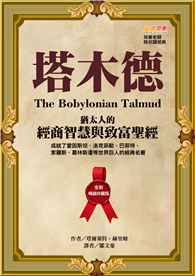In Black Women’s Health in the Age of Hip Hop and HIV/AIDS, Nghana tamu Lewis chronicles the work of five black women creators to demonstrate how hip hop feminism operates as a vital tool for interpreting and building knowledge about the lived experiences of black women and girls. Between 1996 and 2006, novelists Sapphire and Sister Souljah, television producer Mara Brock Akil, and playwrights Nikkole Salter and Danai Gurira addressed the neglect of black women’s health in mainstream biomedical and public health discourses. At a time when responses to the HIV/AIDS epidemic largely focused on gay white men, Lewis argues, these creators deployed the strategies of hip hop feminism to frame and untangle issues of self-care, risk, and the ways that caregiving roles place black women and girls at disproportionate risk of adverse health outcomes. Building on previous intersectionality and social justice advocacy scholarship, Lewis argues that Sapphire, Souljah, Brock Akil, and Salter and Gurira both documented the effects of the epidemic on black women and girls and equipped the masses with solutions-oriented responses to the crisis, thus intervening in ways that mainstream biomedical and public health research has yet to do.
| FindBook |
|
有 1 項符合
Black Women’s Health in the Age of Hip Hop and HIV/AIDS: A Narrative Remix的圖書 |
 |
$ 1977 ~ 5997 | Black Women’s Health in the Age of Hip Hop and HIV/AIDS: A Narrative Remix
作者:Lewis 出版社:Ohio State University Press 出版日期:2025-01-16 語言:英文 規格:平裝 / 176頁 / 普通級/ 初版  共 2 筆 → 查價格、看圖書介紹 共 2 筆 → 查價格、看圖書介紹
|
|
|
圖書介紹 - 資料來源:博客來 評分:
圖書名稱:Black Women’s Health in the Age of Hip Hop and HIV/AIDS: A Narrative Remix
內容簡介
作者簡介
Nghana tamu Lewis is Associate Professor of Africana Studies and English at Tulane University. Her research and teaching focus broadly on black literary and cultural studies, black women’s health and wellness, hip hop culture, and criminal justice reform. An attorney, she was elected district court judge for St. John the Baptist Parish, Louisiana, in 2020.
|










